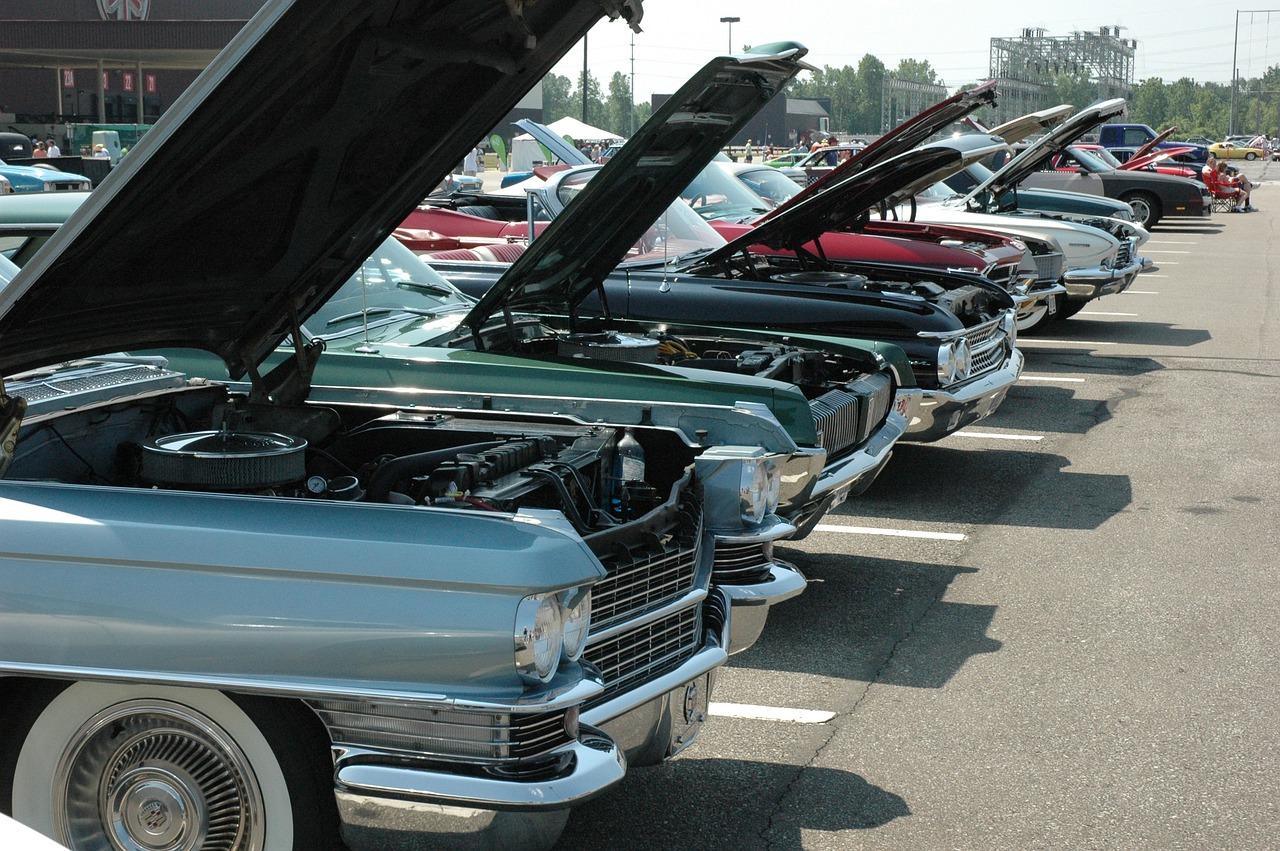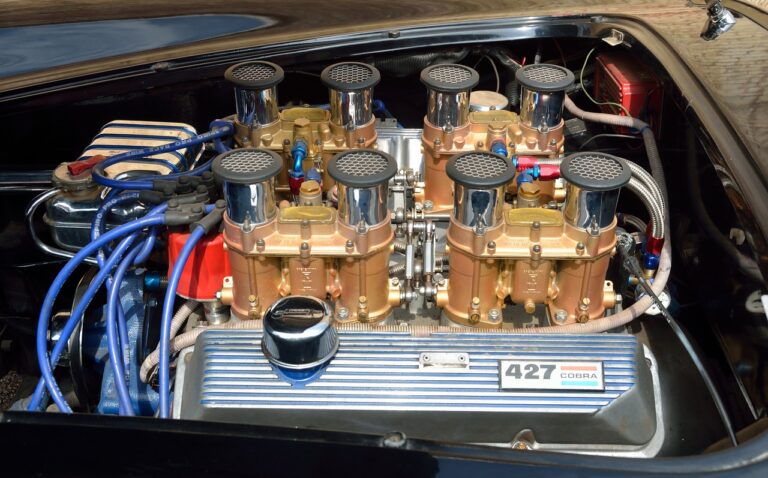Blockchain for Securing Connected Car Data
sky247, gold365 login, gold 365 site sign up:With the rise of connected cars, the amount of data being generated and transmitted is growing exponentially. This data includes everything from GPS location and driving habits to vehicle diagnostics and maintenance reminders. While this data can provide valuable insights for car manufacturers, service providers, and drivers themselves, it also presents a significant security risk.
Hackers are constantly looking for ways to exploit vulnerabilities in connected car systems to steal sensitive information or even gain control of the vehicle. This is where blockchain technology comes in.
Blockchain is a decentralized, distributed ledger that securely records transactions across multiple computers. Each transaction is encrypted and linked to the previous one, forming a chain of blocks that are virtually impossible to alter. This makes blockchain an ideal solution for securing connected car data.
Here are just a few ways that blockchain can help protect connected car data:
1. Secure Data Transmission: Blockchain can encrypt and securely transmit data between a vehicle and external systems, ensuring that sensitive information is protected from interception or tampering.
2. Immutable Data Records: Once data is recorded on the blockchain, it cannot be altered or deleted. This ensures the integrity and authenticity of the data, making it a reliable source for audits or investigations.
3. Access Control: Blockchain allows for the creation of smart contracts that govern access to data. Only authorized parties with the proper permissions can view or modify specific data, reducing the risk of unauthorized access.
4. Real-time Monitoring: Blockchain can provide real-time monitoring of data access and usage, allowing administrators to quickly identify any suspicious activity and take appropriate action.
5. Data Ownership: Blockchain can empower users to take control of their own data. By storing personal data on a blockchain, individuals can decide who has access to it and for what purposes.
6. Secure Software Updates: Blockchain can securely manage software updates for connected cars, ensuring that only authorized updates are installed and preventing malicious actors from introducing malware.
By leveraging blockchain technology, the automotive industry can enhance the security and privacy of connected car data, instilling trust in both consumers and businesses alike. As connected cars become more prevalent, implementing blockchain solutions will be crucial in protecting against cyber threats and ensuring the safe and reliable operation of vehicles.
FAQs
Q: What are some potential challenges of implementing blockchain for securing connected car data?
A: One challenge is the integration of blockchain with existing systems and protocols. Additionally, the scalability of blockchain networks may be a concern as the volume of data generated by connected cars continues to grow.
Q: How can blockchain help prevent cyber attacks on connected cars?
A: Blockchain’s decentralized and tamper-resistant nature makes it difficult for hackers to manipulate or alter data, reducing the risk of cyber attacks on connected car systems.
Q: Are there any regulations or standards related to the use of blockchain in the automotive industry?
A: While there are no specific regulations governing blockchain in the automotive industry, standards organizations such as ISO and IEEE are working on developing guidelines for blockchain implementation in various sectors, including automotive.
Q: What are some examples of companies using blockchain for securing connected car data?
A: Companies like BMW, Ford, and Volkswagen are exploring blockchain technology for securing connected car data and ensuring the privacy and security of their customers’ information.







